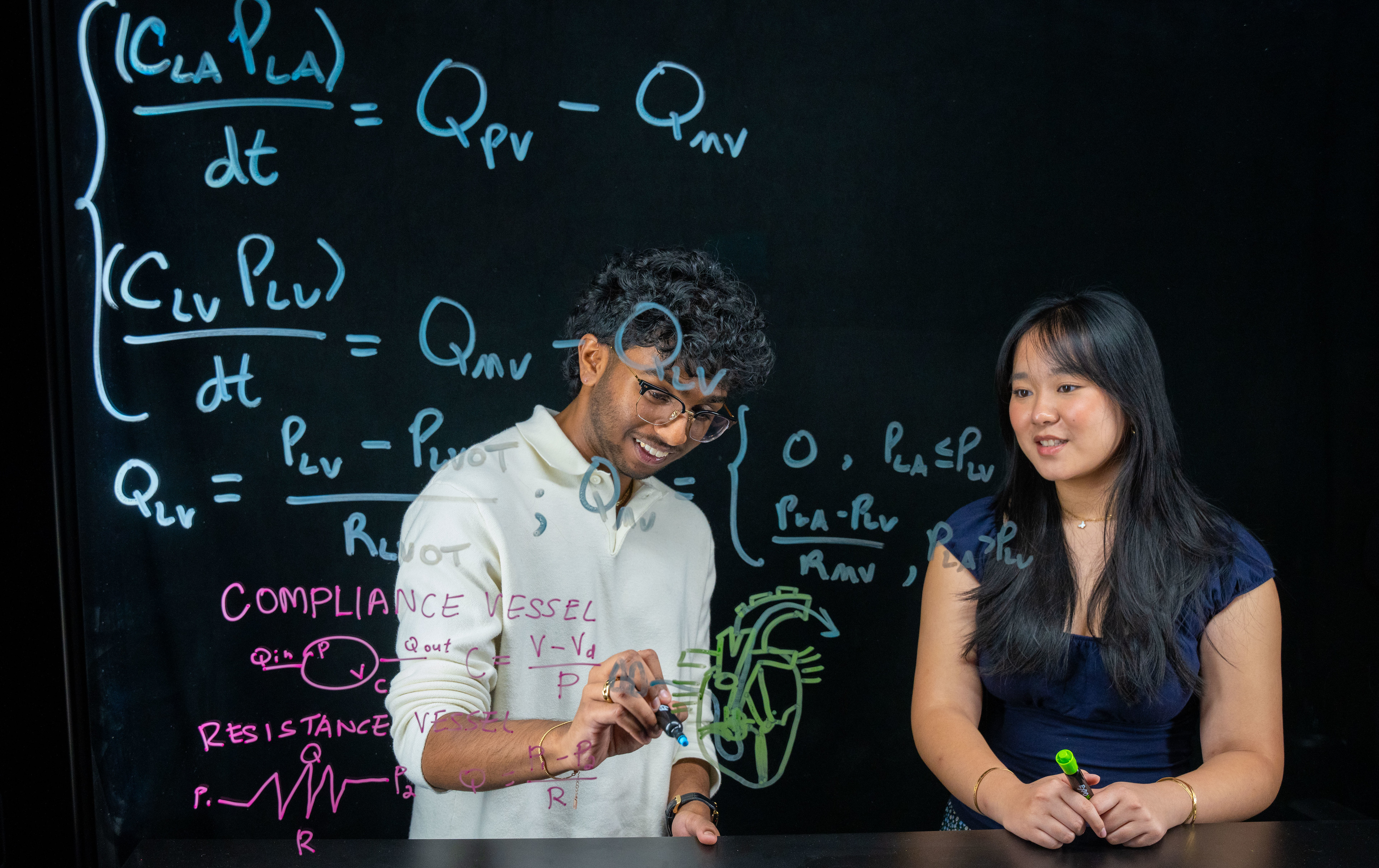How undergraduate research opportunities and faculty investment made the difference for first gen, neuroscience alumnus Christian Candler
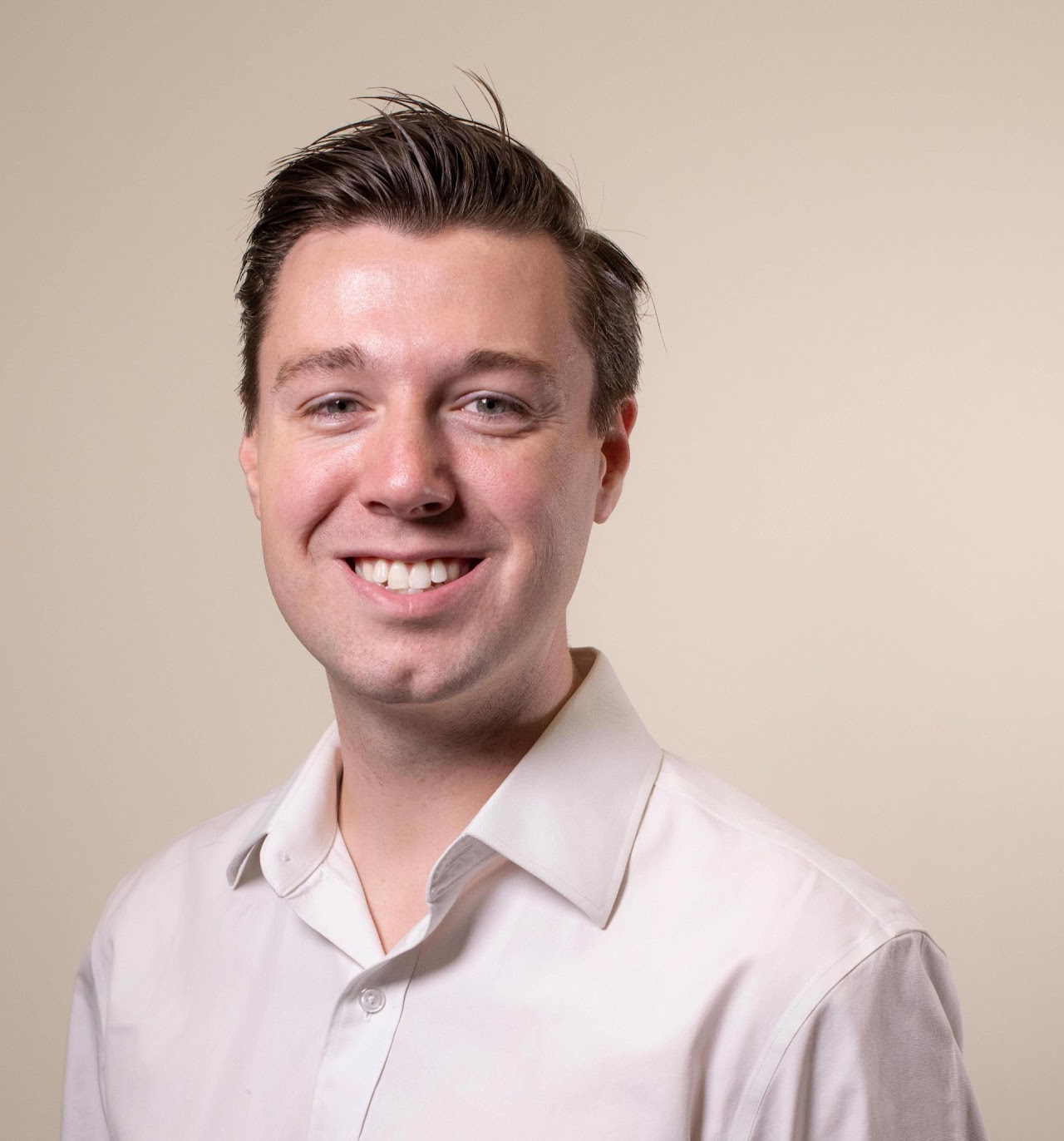
When Christian Candler first stepped onto Belmont’s campus for a Preview Day, he didn’t know that the experience would set him on a path to discovering his life’s passion. A first-generation college student from Birmingham, Alabama, Candler originally planned to pursue physical therapy. But it wasn’t just Belmont’s programs that drew him in, it was the people.
“I came to a Preview Day and all of the students that I interacted with, the smaller class sizes and just the general vibe of the campus really drew me in,” he said.
Leading the Way on Campus
Candler found a way to pay forward the hospitality and welcome he received as a prospective student in becoming a Bruin Recruiter and campus tour guide.
“When I visited Belmont, the Bruin Recruiters and students I met at Preview Day were so impactful to me that I wanted to do the same thing for other future students,” he shared. “It also helped me get out of my comfort zone…it made me more comfortable talking to people and gave me a community I still value today.”
Finding His Passion in Neuroscience
An internship in physical therapy showed Candler the field wasn’t his long-term calling. With guidance from his advisor, Dr. Jennifer Thomas, he made the switch to Belmont’s neuroscience program.
“She saw my interests and pushed me to make the switch. Without her, I may not have discovered how much I love this field,” Candler said.
Research That Opened Doors
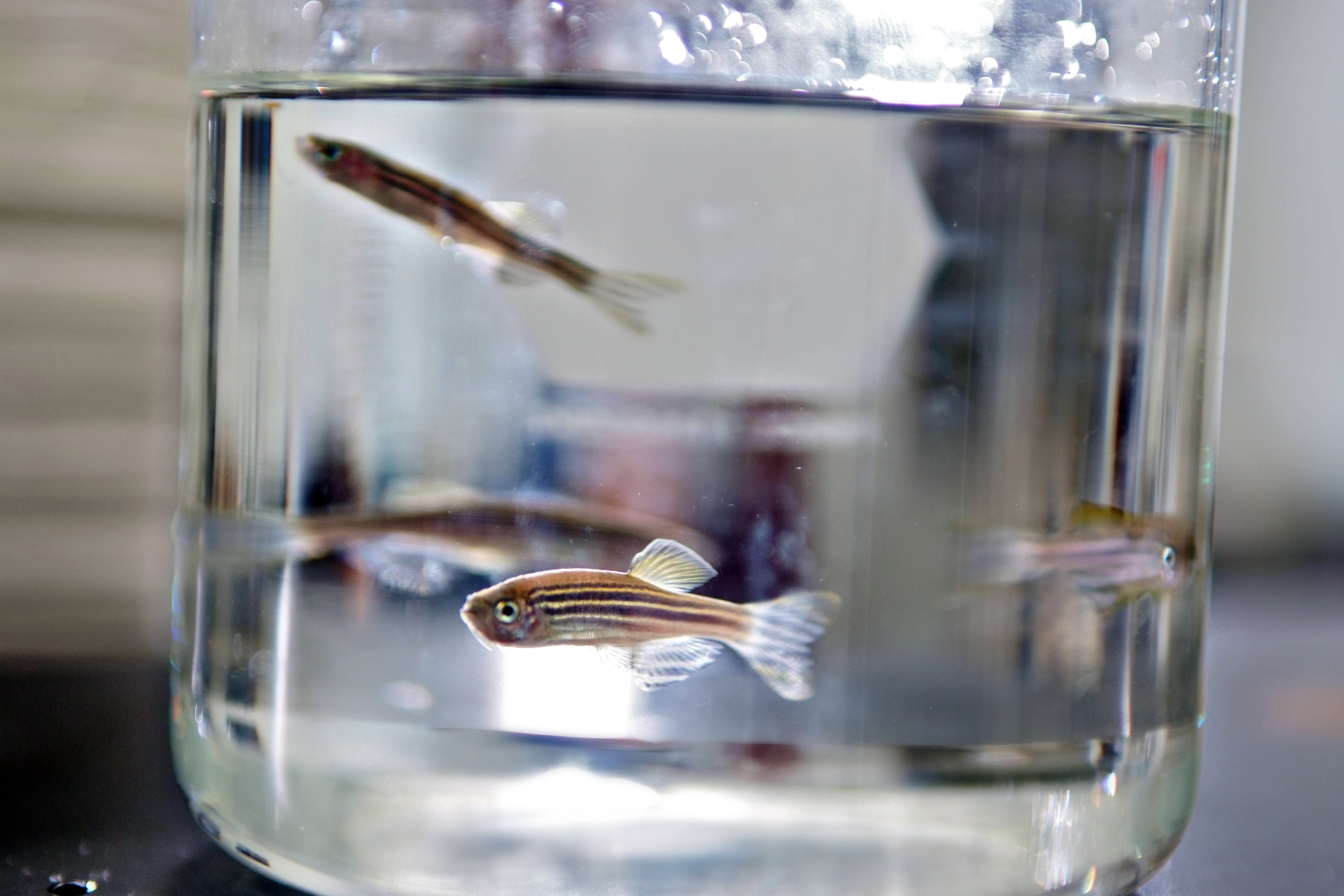
The Summer Scholars Program is a cornerstone of Belmont’s neuroscience major that provides undergraduate students research opportunities. As a Summer Scholar, Candler spent time in the lab, studying zebrafish and learning the day-to-day realities of experimentation: planning, feeding, gathering results, dealing with setbacks and celebrating breakthroughs.
He worked closely with former Belmont professor Dr. Lori McGrew, whose mentorship helped him build both technical and personal confidence. Looking back, Candler noted, “she was the perfect professor for me to work with at that time because I dealt with a lot of insecurity as a first-generation student.” He remembered being intimidated by research, and credits McGrew for creating an encouraging and exciting space for him to sharpen his research skills.
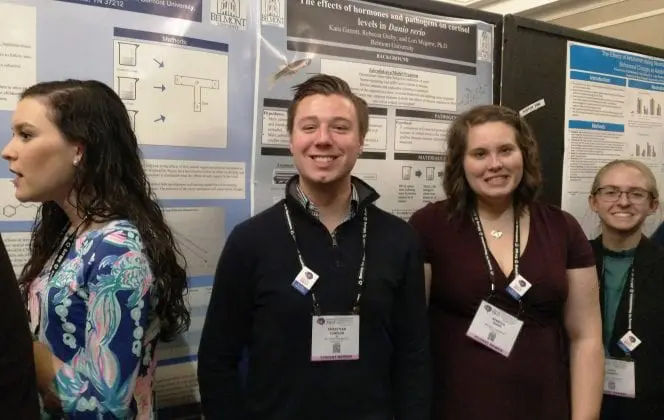 McGrew also pushed him to apply to the Society for Neuroscience Conference, where he presented his research as a senior alongside almost 30,000 scientists from across the country.
McGrew also pushed him to apply to the Society for Neuroscience Conference, where he presented his research as a senior alongside almost 30,000 scientists from across the country.
“That’s when it all clicked,” Candler reflected. “These are my people; I can do this. This is what I want to continue to do for the rest of my life.” Hands-on research opportunities like the Summer Scholars Program are typically reserved for graduate students. Chandler noted how rare it is for undergrads to participate in these kinds of conferences and research opportunities, sharing that he likely wouldn’t have the same exposure as an undergrad at another university.
He also gained research skills outside the lab, working with Dr. John Niedzwiecki on zoo animal behavior projects at the Nashville Zoo. Presenting findings directly to zookeepers built his communication and critical thinking skills and provided another hands-on learning environment. The College of Sciences and Mathematics continues to provide Belmont students with the opportunity to extend classroom learning into the field, cultivating skills that prepare them for careers in science and research.
A Career Built on Belmont’s Foundation
After his graduation in 2018, Candler served as an admissions counselor in the College of Sciences and Mathematics, guiding future students to the programs and faculty who had shaped him. He then advanced to a competitive research technician position at the Massachusetts Institute of Technology. Today, he is completing his PhD in neuroscience at Arizona State University, studying how brain cells process auditory information, with plans to graduate in the coming year.
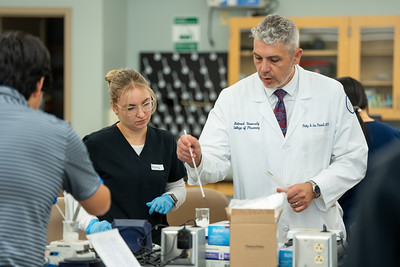
Advice for Future Bruins
Christian credits much of his success to Belmont’s culture of mentorship. His advice toprospective students is simple.
“Lean on your professors. They really are here for you, and that makes Belmont special,” he said.
He also encourages students to stay open to change and a variety of career paths. “Keep an open mind. If you told freshman-year me that I would be doing a PhD in neuroscience, I wouldn’t have believed you.” For Candler, Belmont’s faculty and undergraduate research opportunities made all the difference. “I love my current institution, but it’s just different in terms of what the priorities are for professors compared to Belmont. At Belmont, you as a student are their priority.”
Learn More
Learn more about neuroscience at Belmont.

